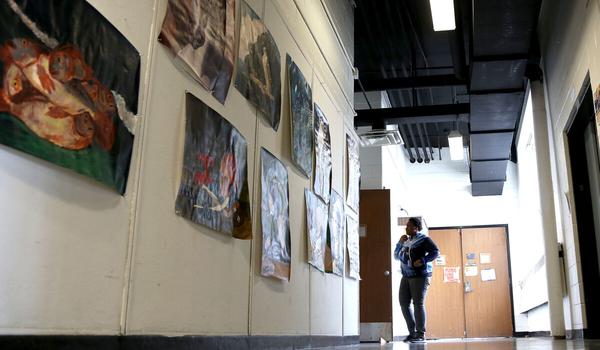Expected, according to the National Economic and Financial Committee at -1.5% in 2022 against -6.2% in 2020, the economic growth projection impacted since 2014 by the fall in the price of a barrel of oil constitutes a challenge to emerge from the slump accentuated by the covid-19 pandemic.

Growth being one of the priorities of the discussions initiated with the International Monetary Fund, within the framework of the Extended Credit Facility, its rebound, although below the forecasts of the Economic and Monetary Community of Central Africa ( Cémac), i.e. 3.7% in 2022, should promote the revival of economic activity.
At the social level, this increase would also make it possible to solve basic social problems, in particular urban planning. In this perspective, the implementation of the Project for the restructuring of precarious neighborhoods, currently underway in Brazzaville and Pointe , already seems to be giving satisfaction to the beneficiary population.
At the economic level, this improvement following the adoption of a budgetary policy supported by the reforms instituted within CEMAC will have an impact on the revival of the private sector which, since the onset of the double financial crisis and health, is still struggling to emerge from the abyss.
Even if it is still too early to confirm this return to growth, given the economic situation at the international level, it is however urgent to invest, as set out in the new National Development Program, in non-oil sectors that are buoyant and capable of sustaining the national economy. Such an option would take the Congo out of its heavy dependence on oil, particularly with the observed rise in the price of a barrel at the world level.








